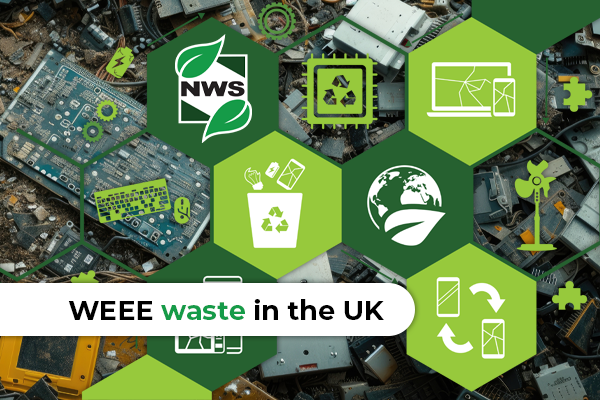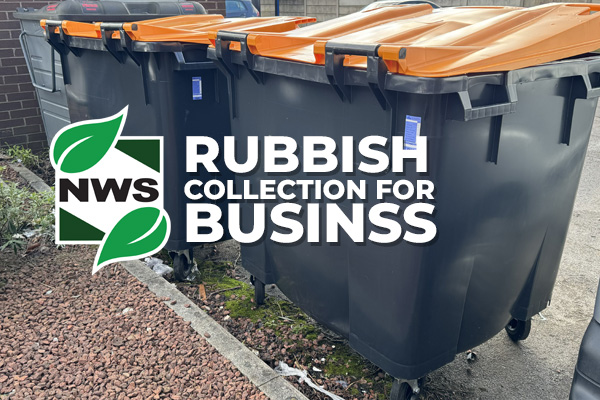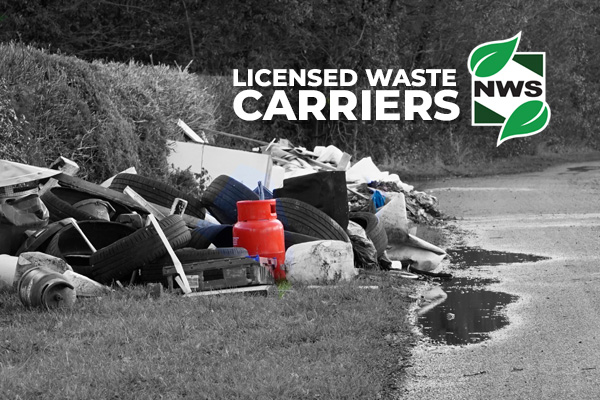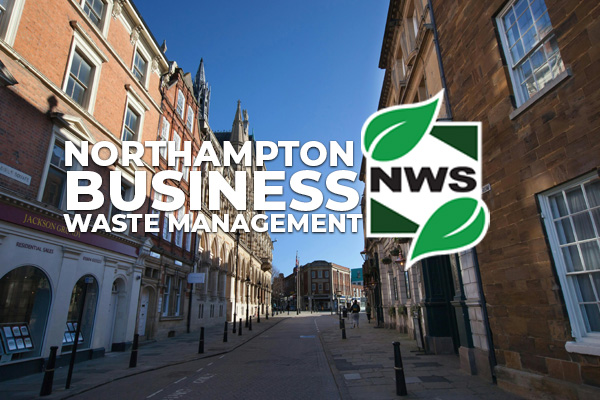Managing Your Confidential Waste is an essential whether your business is large or small. If confidential information gets into the wrong hands it can at the very least cause great embarrassement and at worst national media attention and reputational damage if your business happens to be high profile the data leaks are particularly damaging.
A strong policy on how to handle confidential waste is essential therefore limit the risks to your business and its reputation.
What is Confidential Waste?
Confidential waste refers to any material that contains sensitive or confidential information that must be disposed of securely to prevent unauthorised access or misuse. Such materials may include financial records, legal documents or other personal and sensitive information.
Failure to dispose of confidential waste securely can lead to data breaches, identity theft, and other security issues for your organisation, resulting in significant financial and reputational damage in some cases.
What is Confidential Waste Management?
To ensure the security and privacy of confidential data, organisations should have a comprehensive confidential waste management process in place. This should include the following key components:
1. Identification of Confidential Waste: The first step in confidential waste management is to identify all confidential waste generated by your with a comprehensive audit. Confidential waste may include paper documents, electronic files, CDs, DVDs, and other storage devices.
2. Secure Storage: Once confidential waste is identified, it must be stored securely to prevent unauthorised access. Typical activities will involve locking cabinets finding secure storage rooms, or the use of special containers that are designed to hold confidential waste.
3. Destruction: Confidential waste must be destroyed beyond any possibility of recovery. This may involve shredding, incineration, or degaussing for electronic media. Confidential waste should be destroyed on-site, or better still under the supervision of a reputable waste management company.
4. Compliance: Confidential waste management must comply with all relevant legislation, including the Data Protection Act, the Freedom of Information Act, and other privacy laws. Failure to comply with these laws can result in significant fines and legal action.
5. Training: All employees must be trained on confidential waste management procedures to ensure that they understand the importance of protecting confidential data and the consequences of failing to do so.
6. Auditing: Regular audits of the confidential waste management program should be conducted to identify any areas of weakness or non-compliance. This will help to ensure that confidential data is being disposed of securely and that your organisation is complying with all relevant legislation.
What are the Benefits of Having a Confidential Waste Management Policy?
There are many benefits to implementing a robust confidential waste management program. These include:
1. Protection of Sensitive Information: Confidential waste management ensures that sensitive information is disposed of securely, preventing unauthorised access and misuse.
2. Compliance with Legislation: Confidential waste management ensures that organisations comply with all relevant legislation, reducing the risk of fines and legal action.
3. Reduced Risk of Data Breaches: Confidential waste management reduces the risk of data breaches, which can lead to significant financial and reputational damage.
4. Enhanced Reputation: Implementing a robust confidential waste management program can enhance an organization’s reputation, demonstrating its commitment to protecting sensitive information.
5. Environmentally Friendly: Confidential waste management can be environmentally friendly, with shredded paper and other materials being recycled or used for energy generation.
Conclusion
Confidential waste management is an essential aspect of any organization’s operations. It ensures the protection of sensitive information, compliance with legislation, and reduces the risk of data breaches. Organisations that implement a comprehensive confidential waste management program can enhance their reputation, reduce the risk of legal action, and demonstrate their commitment to protecting sensitive information.









